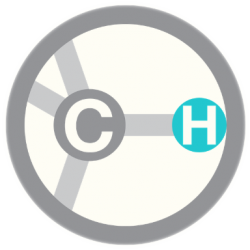Authors: Willard M Freeman, George J Yohrling IV, James B Daunais, Lynda Gioia, Stephanie L Hart, Linda J Porrino, Huw M.L Davies, Kent E Vrana
Drug and Alcohol Dependence
2000, 61, 1, 15-21
Tyrosine hydroxylase (TH) is the rate-limiting enzyme in catecholamine biosynthesis. Previously published results have established that chronic cocaine administration (30–45 mg/kg per day, 10–14 days) resulted in an upregulation of TH gene expression in dopaminergic pathways of rats. The present studies tested the effects of a tropane analog, PTT (2β-propanoyl-3β-(4-tolyl)-tropane), on TH expression. This drug has similar actions to cocaine, but possesses markedly different pharmacokinetics (20 times more potent at binding the dopamine transporter, markedly increased metabolic stability, and 10–20 times more potent in behavioral measures). Moreover, PTT demonstrates an increased selectivity for the dopamine (DA) and norepinephrine (NE) transporters compared with cocaine. In direct contrast to the previously reported effects of cocaine, 10 days of PTT administration (3.0 mg/kg per day, i.p.) produced a uniform downregulation of TH protein and activity gene expression. TH activity and immunoreactive protein where decreased by 54 and 69%, respectively in the nucleus accumbens. Within the ventral tegmental area, TH activity and protein were decreased by 33 and 19%, respectively. The underlying mechanisms for these fundamental differences are unclear, but likely reflect varying and selective affinities and lengths of occupancy at biogenic amine transporters.

